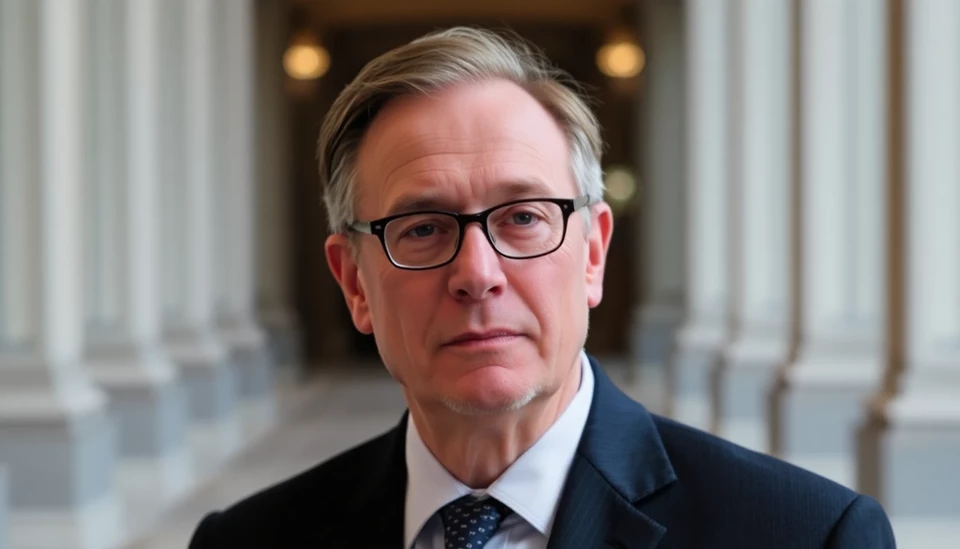
In a significant policy shift, the Austrian government has announced plans to let existing mortgage limits expire, signaling a move towards greater financial freedom in the housing market. This decision comes as the authorities assess a notable easing in economic stability risks that had previously necessitated stringent regulations on mortgages.
Austria had implemented these mortgage limits as part of a broader strategy to safeguard the country’s financial system amidst challenges presented by rising interest rates and inflationary pressures. The constraints were primarily aimed at protecting borrowers from the adverse effects of escalating property prices and maintaining the overall health of the economy.
However, according to recent assessments from financial regulatory authorities, the economic landscape has undergone a positive transformation. Indicators such as improved employment rates, manageable inflation levels, and a gradual stabilization in the property market have prompted policymakers to reconsider their stance. The decision to allow mortgage limits to lapse is seen as a sign that the government is confident in the resilience of the economy and the banking sector's capacity to manage lending risk effectively.
This policy change could have far-reaching implications for both prospective homebuyers and the real estate market at large. By removing restrictions on mortgage amounts, the government is essentially providing a boost to homeownership opportunities for many individuals who have been unable to secure loans under the previous limits. Economists predict that this move is likely to increase demand in the housing sector, potentially leading to higher property prices in the short run.
Reactions to the government's announcement have been positive among various stakeholders. Real estate agents and potential buyers are expressing optimism, with many believing that this could usher in a new era of activity within the housing market. However, some analysts caution that while the easing of restrictions may stimulate growth, it is crucial to maintain vigilance to prevent the market from overheating once again.
While the expiry of mortgage limits may invigorate the real estate sector, it also raises questions about future regulatory measures. Financial regulators are expected to monitor the situation closely to ensure that the market remains balanced and that borrowers are not overextending themselves in a rapidly evolving economic environment. The government has indicated its commitment to transparency and will likely engage in ongoing dialogue with financial institutions to safeguard against potential risks that may arise from this increased lending flexibility.
As Austria prepares to embark on this new chapter in its housing policy, stakeholders from all sectors are watching closely to see how this change will influence the nation’s economy and the wellbeing of its citizens. The unfolding situation highlights the delicate interplay between regulatory frameworks and market dynamics, underscoring the need for a responsive approach to economic management as conditions evolve.
In summary, Austria’s decision to let mortgage limits expire comes as a response to improved economic stability, promising new opportunities for homebuyers while also necessitating careful oversight to ensure sustainable growth in the housing market.
#Austria #MortgageLimits #HousingMarket #EconomicStability #RealEstate #PolicyChange #Finance
Author: Rachel Greene




